On the plight of the unbombed farmers of Eastern Europe
Gabrielius Landsbergis is a member of the European Council on Foreign Relations. He was Lithuania’s minister for foreign affairs from 2020 to 2024.
After Russia’s full-scale invasion, one of the first ways the West helped Ukraine was by allowing de facto access to the EU single market. By doing so, the bloc could stimulate desperately needed cash flow and keep Ukrainian companies alive through the brutal years of war.
And yet, despite the continued hostilities, that emergency measure was revoked on June 6, 2025. Ukrainian businesses now stand to lose billions.
To soften the blow, the European Commission has proposed quotas more generous than those in place before the war. But there are voices in Europe opposing even that: Under pressure from farmers demanding protection against Ukrainian imports, the agriculture ministers of Bulgaria, Hungary, Poland and Slovakia recently issued a joint declaration, urging the Commission to scrap its plans of extending free trade arrangements with Ukraine, and calling for a return to prewar levels of protectionism.
If implemented, this proposal would mean the short-term maintenance of higher price levels for EU farmers of certain crops, as well as an opportunity for these governments to trumpet their heroic efforts against an unjust Brussels. Of course, I fully understand why politicians at the national level would respond to their farmers’ demands, but it seems to me that the farmers themselves are the ones who would lose the most if their demands were met.
The efforts to increasingly “other” Ukraine will only weaken the country’s ability to defend itself. And if Ukraine falls, Russia’s next move would, undoubtedly, be bad for the EU — and especially bad for Eastern Europe’s farmers.
Consider the fact that if Russian President Vladimir Putin were to invade the EU’s east, farmers would be the first to have their lives destroyed, their property stolen. They are nearer the border, and the roads to the big cities cut straight through their land.
Lest we forget, during the first days of the war, it was Ukraine’s farmers who were pulling broken tanks off their fields. And look at the state of Donbas farms now: bombed, polluted, poisoned, flooded, covered in fiber-optic cables from drones, devoid of trees and wildlife, full of mines and at risk of being handed over to the Kremlin “for peace.”
If I was a farmer, I would therefore consider any war within 1,000 kilometers to be directly relevant to the survival of my family and business. And I would demand that my government do everything in its power to finance and arm the defenders’ side.
City folk, for their part, might think it enough to take care of their own country’s defense and focus on stopping enemies from crossing their actual borders. I understand that mindset — especially if that border is distant, leaving a psychological buffer zone. Also, cities traditionally become fortresses in wartime, protecting those running from invaded fields being pillaged.
It logically follows that farmers would want to support Ukraine’s defenders as much as possible — so that Putin’s tanks are halted hundreds of kilometers, not hundreds of meters, away. I presume nobody wants to be left stuck in a village, waiting for their own army to save them from becoming the next Bucha.

And yet, that’s the whole basis of the “not our war” theory — that one should only react to aggression when it’s too late to stop it, i.e. after it’s already begun. And when aggression does begin, it tends to hit the invaded country’s farmers first, even if their government has spent a lot on defense.
To defend “every inch” of its farmland, a country must project power far beyond its borders, likely with the help of a network of faithful allies, not waiting to see the whites of its enemy’s eyes. What Bulgarian, Hungarian, Polish and Slovakian farmers need most is a large military force fighting and dying for them hundreds of kilometers to the east, so that their own farms aren’t in danger of being rendered useless by war.
And what luck! That’s exactly what they already have in Ukraine. So, perhaps the Commission should ask why they would act against the generous providers of their security?
One particularly egregious claim the agriculture ministers made is that Ukraine’s produce must be kept out of the EU to defend the interests of “frontline Member States.” As a Lithuanian, I agree that the interests of “frontline” countries should be prioritized — but I think there are more than four of us. I would also say that the national interests of all “frontline” countries are aligned. We, more than anyone else, would benefit from the fastest possible Ukrainian victory and subsequent strengthening of the rules-based system, which allows our smaller nations to exist in peace.
Plus, the simple fact is none of us are frontline states — yet.
We shouldn’t be stealing valor from those actually doing the fighting. Ukraine is the only real frontline country, and if Putin isn’t stopped there, there’s a strong possibility he’ll continue elsewhere — though probably not in any of the four countries that just claimed the “frontline” label. In fact, according to the most reliable assessments, my country is much more likely to become a frontline state than, say, Hungary.
So, I would like to express my strong solidarity with the plight of the unbombed farmers of Bulgaria, Hungary, Poland and Slovakia. I wish to help protect their businesses from failure. My interests are aligned with theirs. We face the same enemy. And I don’t want to see them regret prioritizing short-term revenue over medium-term existence.
To me, it simply makes more sense for farmers — and for everybody else — if Ukraine is welcomed into the EU and treated as a friend and equal, not shunned as an outsider.
Farmers are, understandably, demanding safeguards and compensation, so they can ensure a smooth transition to a mutually beneficial outcome. And I wholeheartedly agree this is what should happen. However — and I’m sure the Commission knows this — the efficient and fair way to achieve that is by accepting Ukraine as a full EU member.
In addition to providing a ready-made negotiation framework, wouldn’t it be a huge national security advantage to have Ukraine fully integrated and on our side? Don’t Eastern Europe’s farmers want the closest possible alliance with the country that is keeping the Muscovites off their land? Should they not, perhaps, consider asking their governments to accelerate accession talks and send more ammo?
Bringing Ukraine into the fold doesn’t mean bringing the war closer, it means pushing the EU’s weight and financial power eastward to the actual front line, supporting those defending our dams from being detonated, keeping the horrors of war as far from us as possible, and helping ensure none of the eastern flank countries become frontline states.
If the unbombed farmers of Eastern Europe choose to argue for a weaker Ukraine, they’re in danger of becoming turkeys voting for Christmas.

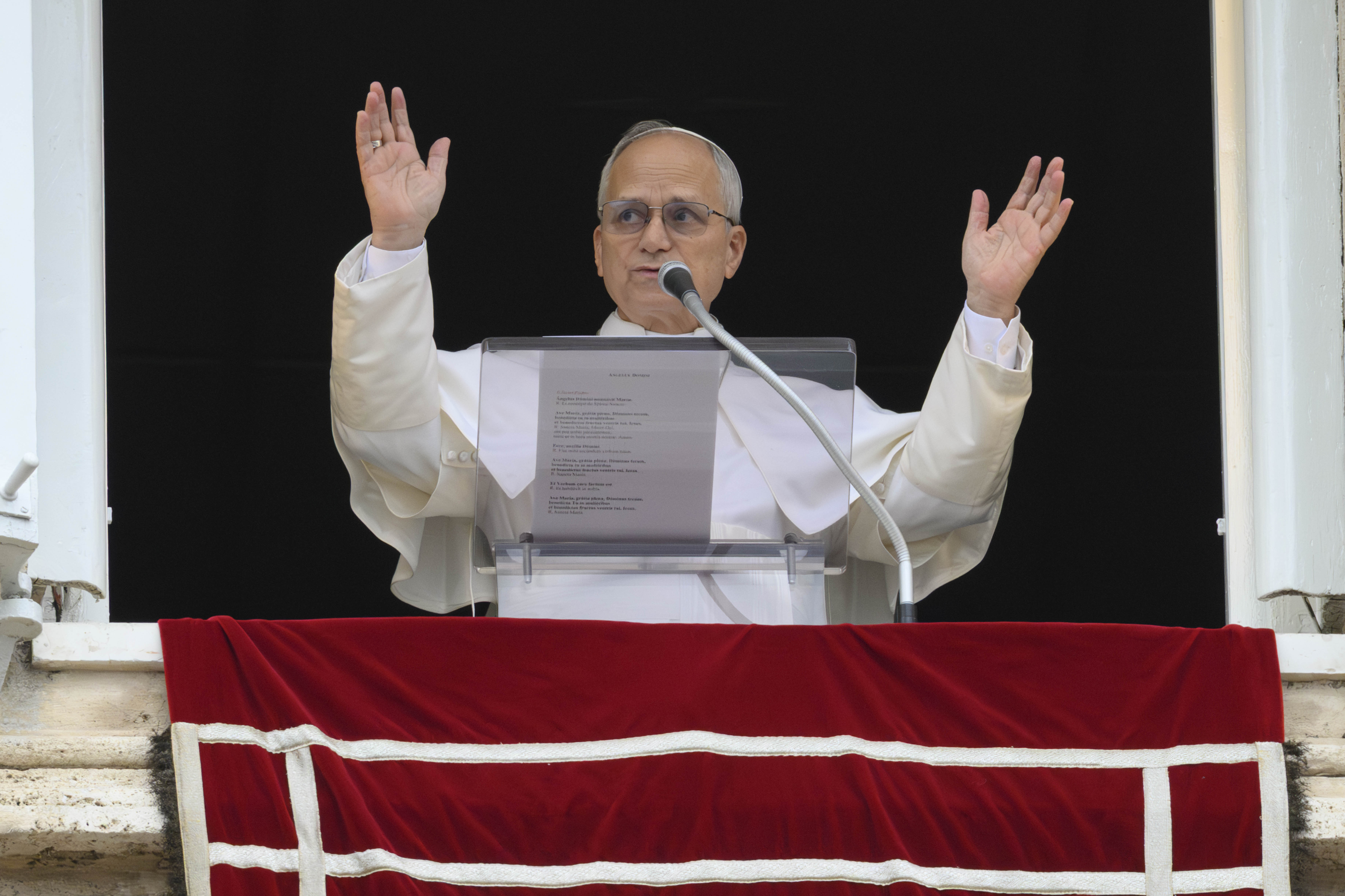
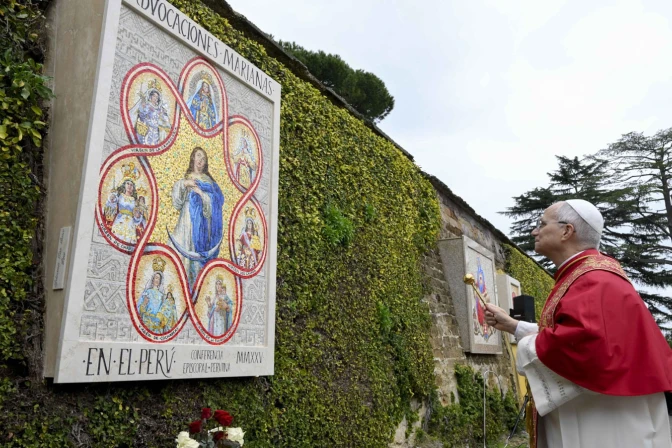







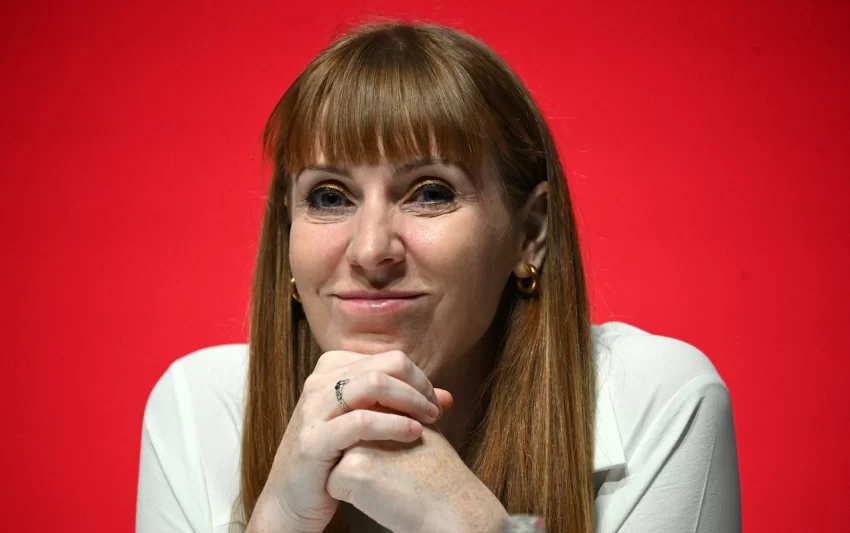






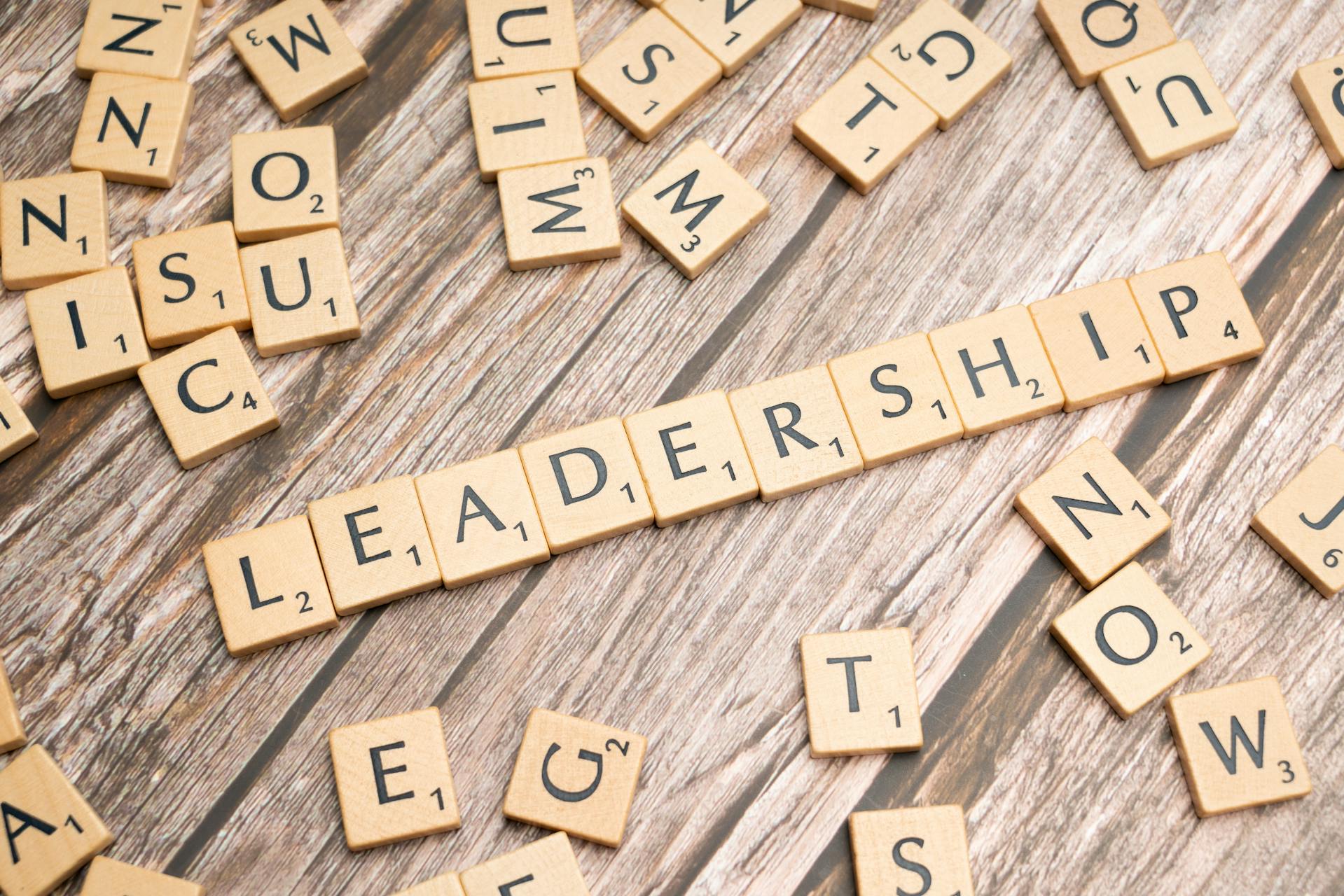
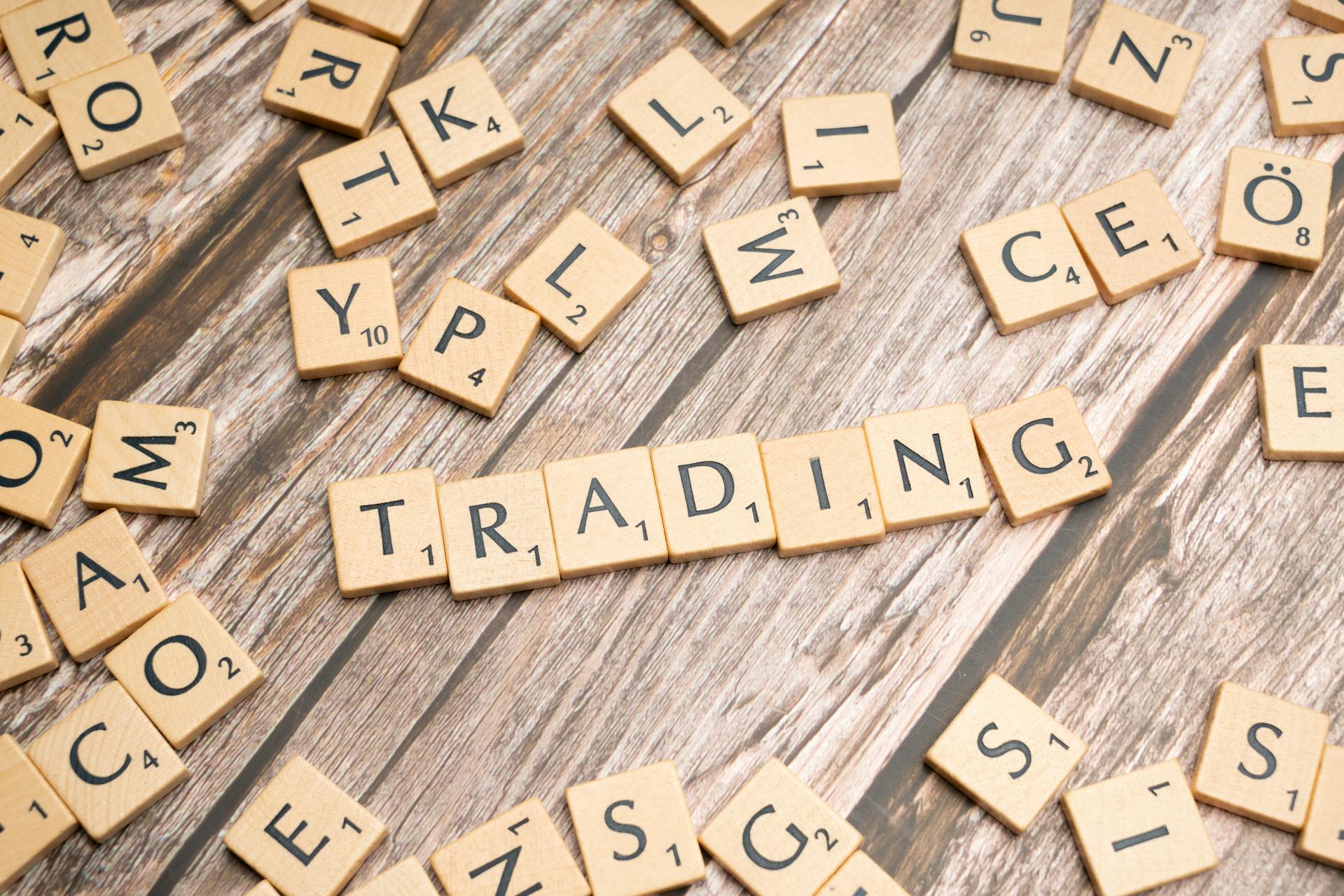

:quality(85):upscale()/2023/09/18/918/n/1922398/a1136b676508baddc752f5.20098216_.jpg)
:quality(85):upscale()/2025/10/09/670/n/1922283/00b944c868e7cf4f7b79b3.95741067_.jpg)
:quality(85):upscale()/2025/10/15/765/n/1922398/29c37a6e68efd84bb02f35.49541188_.jpg)
:quality(85):upscale()/2025/09/09/891/n/1922283/7222624268c08ccba1c9a3.01436482_.png)
















